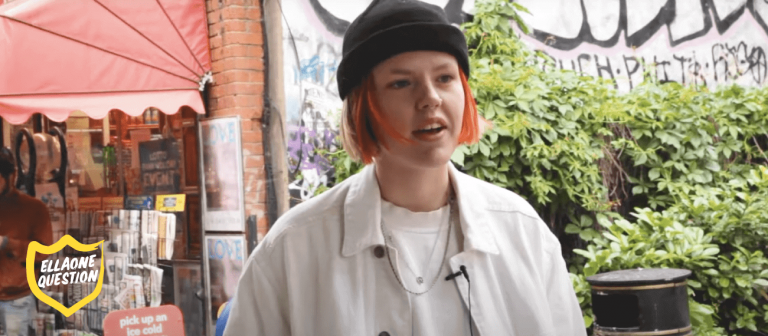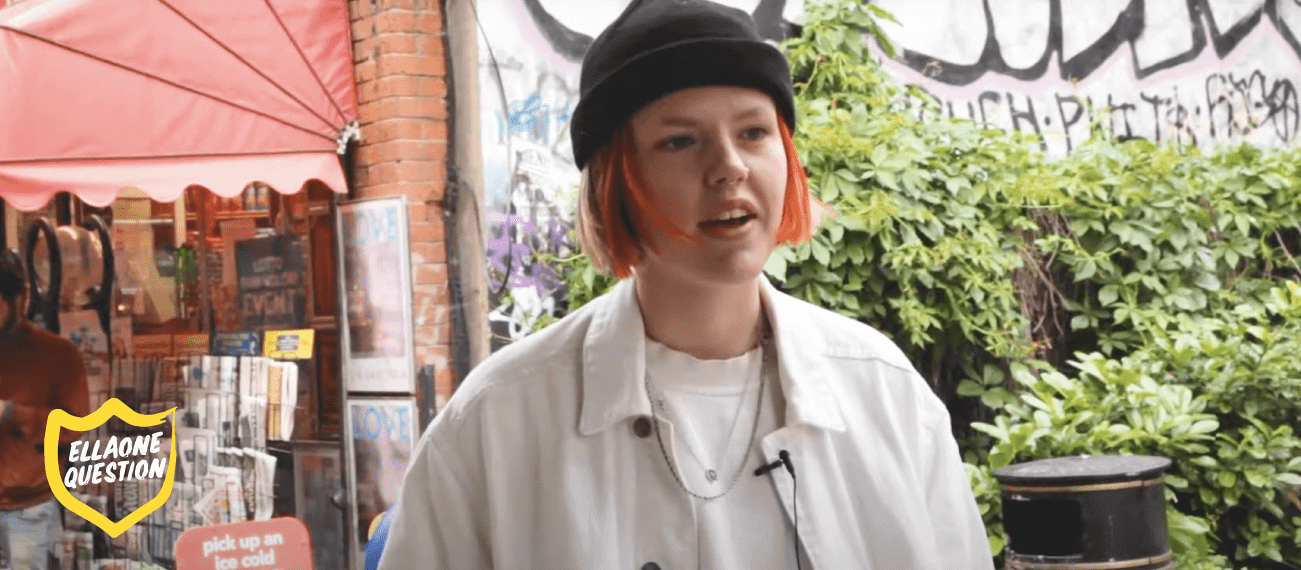Video: Did you learn about the morning after pill at school?
Did you know that only 37% of 16-24-year-olds learned about emergency contraception in school, according to a survey by the FPA?¹
This lack of information helps explain why there are still so many myths and misconceptions surrounding the morning after pill: 47% of people from the same survey said that they thought the morning after pill caused a mini abortion, which is completely incorrect.
Recently, the ellaOne team took to the streets of London to find out about regular people’s experiences with sex education in school and to see whether or not they had been taught anything about emergency contraception.

One of the people we spoke to made a really interesting point which highlights why there is still a lingering stigma around the morning after pill: when schools don’t talk about it, it reinforces this negative stereotype that it’s this “slightly dirty” thing that we should feel ashamed about.
Learning about the morning after pill through friends or unreliable sources online can help perpetuate myths and could put young people off taking emergency contraception after unprotected sex or contraceptive failure. A recent study by ellaOne found that 46% of those surveyed had unprotected sex, but only 27% of them took emergency contraception.
Increasing awareness and giving people accurate information about the morning after pill can help people make an informed decision without being put off by out-of-date or incorrect ideas.
Have you ever taken the morning after pill? Do you wish you’d learned about emergency contraception at school? If so, share your story below and help us end the stigma once and for all.
ellaOne® 30mg film-coated tablet contains ulipristal acetate and is indicated for emergency contraception within 120 hours (5 days) of unprotected sex or contraceptive failure. Always read the label.







